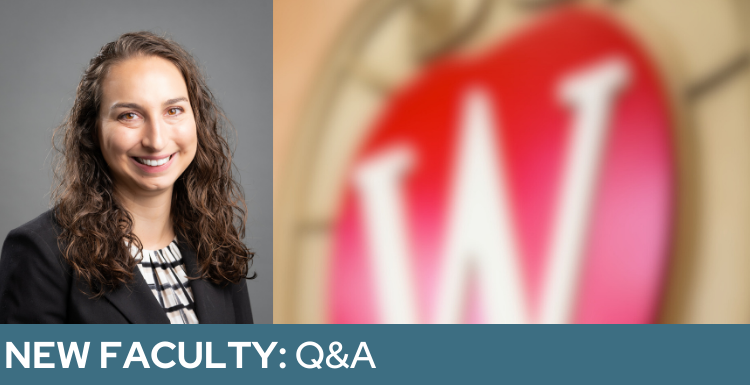New faculty Q&A: Dr. Alyssa Hummel

Alyssa Hummel, MD, MPH
Clinical Assistant Professor
Hospital Medicine
What is your primary professional focus as it relates to our mission areas (clinical, research and/or medical education)?
I will be providing clinical care at both the University Hospital and East Madison Hospital as a hospitalist. My professional focus is health equity and reducing health disparities. I have a background in public health, specifically global health, and an interest in women's health. I am excited to become a part of the Dane County community and collaborate with Wisconsinites to improve their health.
What drew you to UW–Madison and the Department of Medicine?
I was attracted to UW–Madison for its multidisciplinary hospital medicine teams and emphasis on equitable healthcare. Additionally, I am originally from the Midwest, and I was drawn to the bike-friendly city of Madison.
What are you most excited about during your first year with the department in this role?
I am excited about joining such an innovative, adaptive department. I will be part of our new Primary Hospital Provider team, focusing on creating more continuity for some of our most complex patients with high hospital utilization. As the Department of Medicine adapts to the ongoing patient needs and input, I am looking forward to finding my niche in our group.
What do you enjoy doing when you’re not working?
When I'm not working, I love to travel and love to be outdoors, especially near water or doing water activities. My last domestic destination was Shenandoah National Park, and my most recent international destination was Ghana. I also play soccer (although I am in search of a new co-ed team in Madison) and find time to go salsa dancing when I'm not at work. I enjoy reading as well as spending time with my family.
Favorite piece of advice from a mentor or inspiring figure in your life?
One of my pre-medical undergraduate mentors taught me the importance of the holistic approach to patients, noting that we don't just treat diseases but the whole person. People don't live in vacuums but have rich backgrounds and priorities that influence how we approach their medical care and work towards a common goal. I use this comprehensive approach when interacting with all of my patients.